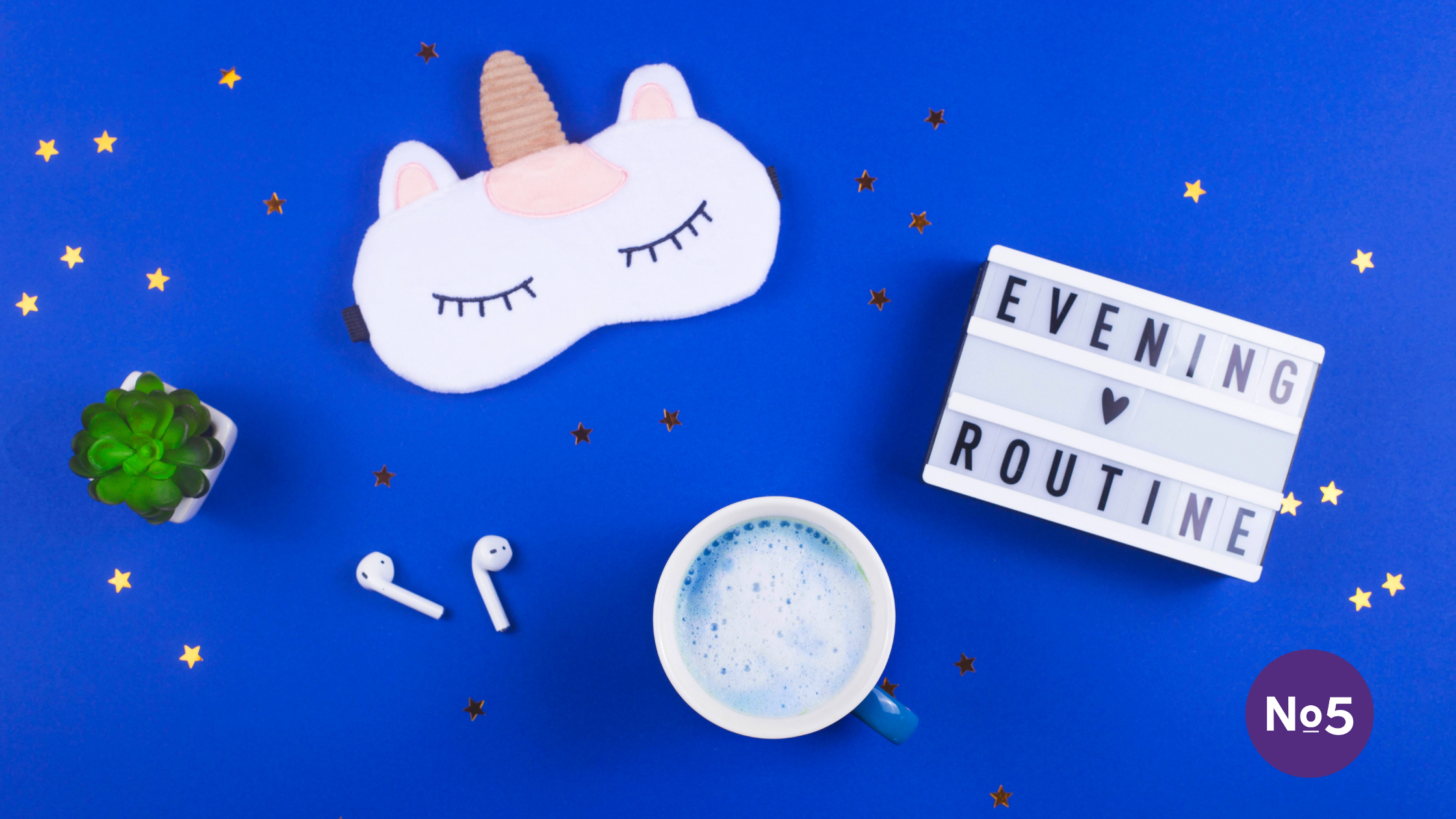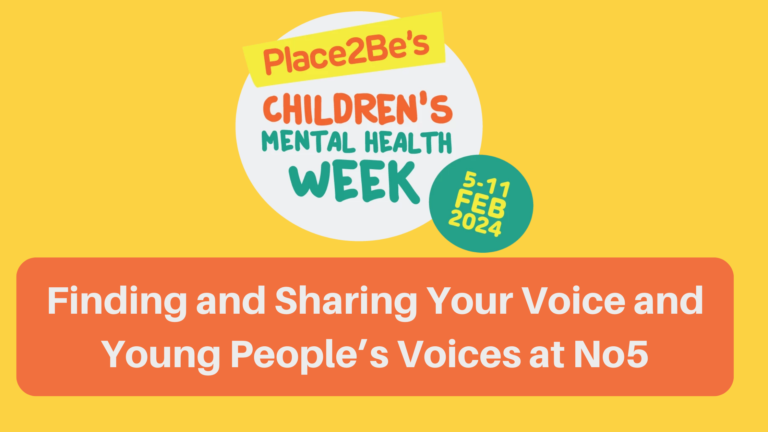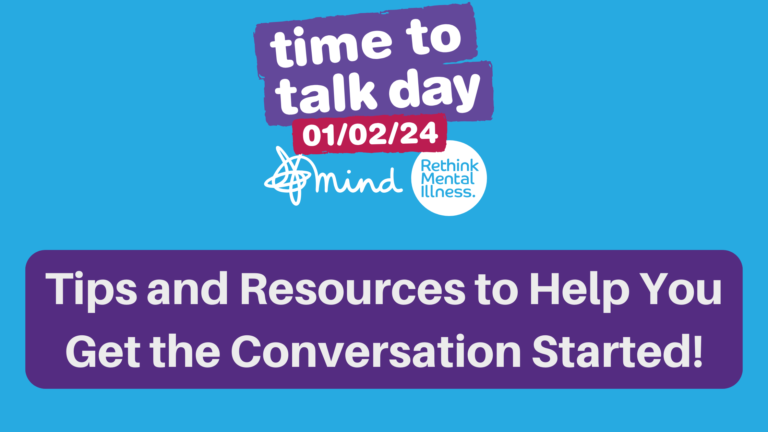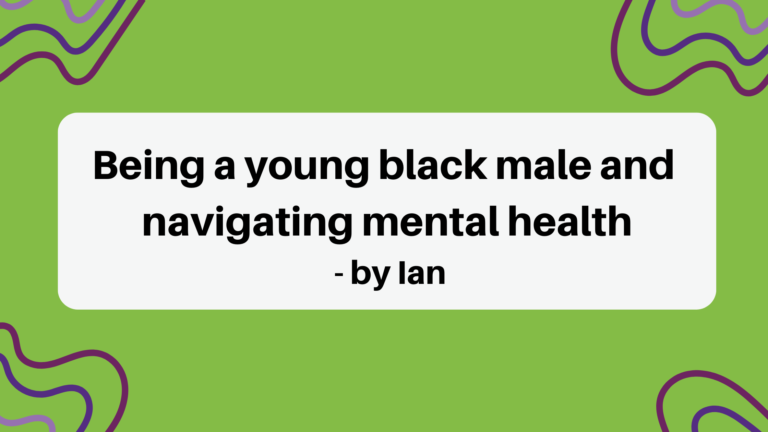In my previous blog, The Beauty of Sleep, I looked at the importance of sleep, how much sleep you need and working out your own routine. In this follow-up blog, I will be providing ways to maximise your potential to settle your mind and body ready for a good night’s sleep.
Giving Yourself A Chance To Sleep & To Dream
The key to a good nights sleep is a deep nights sleep that allows you to go through all of the different types of sleep in cycles. This is where we do all that mental housework I mentioned. To do that there are some top tips that have been clinically proven over and over again. Again they’re about the maths! And the big ones are around screens and caffeine. The key is the timing of these things in the run-up to bedtime to give yourself the best chance of having a decent nights sleep.
There are simple habits you can change but it can be easier to say than to do. Again, none of us is perfect so again just some small changes in the right direction could make a difference.
The BIG Suggestions from The Experts
1. Avoid Screens 90 Minutes Before Bed
The Science: There is lots of evidence that screens stimulate your brain in an unhelpful way in the run-up to bed making it harder to get to sleep and meaning you don’t go into as deep a sleep when you finally nod off. There are two simple reasons for this:
 The light given off by screens makes your brain think it’s still daytime so it doesn’t release melatonin to tell your body it’s time for bed.
The light given off by screens makes your brain think it’s still daytime so it doesn’t release melatonin to tell your body it’s time for bed.- All screen-based activities such as texts, social media, gaming, Netflix can heighten both positive emotions such as excitement or happiness and negative ones like feeling anxious or overwhelmed. Any of these increased emotional states, good or bad, can dramatically interfere with your ability to switch off and get a good night’s rest.
In Reality: Wow, 90 minutes! Again let’s be realistic. If you are currently on your phone, iPad or laptop until the moment you switch your light out (or maybe beyond) it would be really helpful if you could switch everything off at least 30-60 minutes before. Ideally, all electronics will be out of your bedroom to charge, but again realistically we often use it our phone for an alarm, so at the very least out of reach and on airplane mode overnight. Change things gradually and see how you get on.
“But What Am I Going To Do Instead?”
Answer: Create A Regular Wind-Down Routine That Is Personal To You
The good news is it’s up to you. But please don’t make the news your wind-down routine! Especially at the moment try and listen to the news earlier in the day if you want to, but limit it where you can, and definitely avoid it in the two hours before bedtime.
There is no one right answer but practising quiet & calm activities in the hour before bed can really help. Reading (on a backlit screen), yoga, drawing, meditation, listening to music or podcasts, having a bath or shower, writing a journal, talking to other members of your household, skincare routines. The list is endless. Come up with some ideas of your own.
If you have a tendency to worry about things in the night, or think about everything you have to do the next day, one thing that can be really helpful is to take five minutes to write them down. Get them out on paper, put them in your phone or save them privately as a voice note. This helps say the things out loud that might be troubling us to help stop them popping into our heads the minute we switch the light out.
2. Stop Drinking Caffeine After Lunch
The Science: Again there are very good reasons for this. Caffeine is a stimulant that chemically wakes up your body and takes a good 8-10 hours to leave the building! So the experts say midday to be safe. It’s often in things we might not expect like tea, milkshakes or chocolate bars and is especially high in coffee and energy drinks.
In Reality: Midday might not be realistic for that last cup of tea or bar of your favourite chocolate. So if you usually have that at 5pm see if you can nudge it to 2pm. These little changes can make big differences.
Five Smaller But Significant Tips To A Good Night’s Sleep
- Avoid Daytime Naps – if you really must set your alarm for 30 minutes so you have a quick power nap rather than a long one that interferes with bedtime.
- Make Your Bedroom As Cool, Quiet and Dark as Possible.
- Use Your Bedroom For Sleep Only – realistically a lot of us study or work in our bedrooms so have a separate space that you can “shut down” overnight putting away notes and folders to signify the end of the day.
- Avoid Heavy Meals, Alcohol & Exercise Two Hours Before Bedtime – kind of makes sense.
- And finally, if you cannot get to sleep get up! This may sound like the opposite of the right thing to do I know. However, there is nothing worse than lying there for long periods of time desperately trying to get to sleep. It can make you feel increasingly anxious meaning it’s impossible to drop off. If after 20-30 minutes sleep doesn’t come, get up and do a non-stimulating activity (absolutely, No Screens!) like reading or meditating or breathing exercises or a jigsaw or colouring (make sure you don’t disturb anyone in your house!). Again, it’s whatever works for you for half an hour, or so or until you feel sleepy, when you can get back into bed.
What If I’m Still Having Challenges Getting To Or Staying Asleep?
Sometimes, despite our best efforts, sleep can still be problematic.
If you’ve experimented with the ideas above and you’re still struggling now might be the time to speak to your GP who will be able to offer specialist advice. If you’ve managed to keep a sleep diary take this with you as it can be a great start to pinpoint what’s going on.
It also could be that you have difficult feelings or worries that disturb your sleep. Try talking to friends and family about your concerns. However, sometimes it can be helpful to get additional support and there are lots of places out there you can get help. If you’d like to see a trained counsellor at No5 you can refer yourself online.
If you want to know more, take a look at The Awesome Power of Sleep: How Sleep Super-Charges Your Teenage Brain by Nicola Morgan, it’s a great read. A website packed with advice specifically for young people on how to sleep better, videos to explain why sleep is important for good mental health and other resources visit Teen Sleep Hub.
Emma Beesley BSc MBACP Accred
School Counsellor






